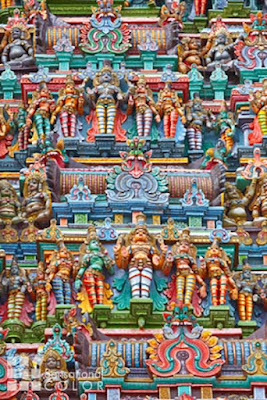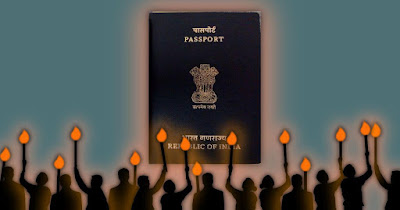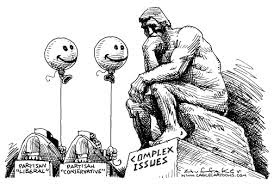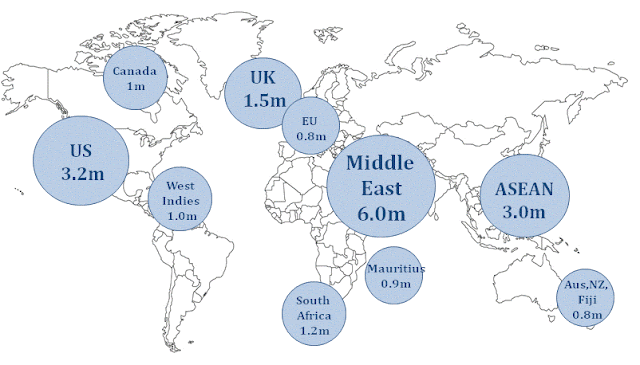Left Enlightenment, anyone?
I am putting my faith in Z. I shall not be popular among my radical friends if I say that Z seems to be the Thatcher of the Left! He is full of conviction in a sea of opportunists and can build a broad coalition. Mrs T brought small traders and middle-classmen to the party of the landlords; Z is bringing the small traders and gig workers to the party of the intellectual snobs ( see this profile here ). The self-declared democratic socialist is cutting through the cynicism of his party colleagues - just as Mrs T did once - and making democracy meaningful again. This is why the grumpy right-wingers, Republicans as well as Democrats, are so angry. I don't want to take the Thatcher comparison too far, but one I can't avoid: Thatcher was serious and admonishing, appropriate for her stiff-upper-lip party; Z is sunny and smiles all the time, just as the constituency he represents, those on minimum wage who must keep hope, does. The Clinton-Blair left imagined Thatcher's policies ...













